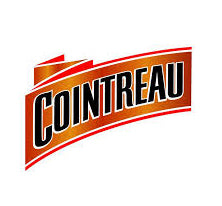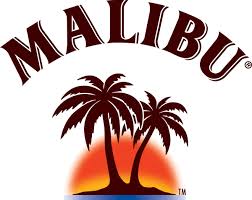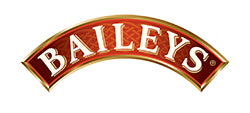
LIQUEUR
Liqueurs, also known as cordials, are flavoured spirits containing no less than 2.5% sugar by weight and prepared by mixing or redistilling any type of spirit with fruit, plants, or other natural substances. All liqueurs require the same four steps in production: base spirit selection, flavour source, extraction method, and sweetener. Origin: Liqueurs have been available for centuries dating back to the Middle Ages. Produced mainly with a spirit base of brandy, they were primarily flavoured with plants, herbs and spices for use as a digestive aid. In the early 19th century, certain countries became famous for their liqueur styles: Holland for orange-flavoured liqueurs, Germany for its herbal products, and Scotland for liqueurs made from whisky.
SPIRIT STYLES

FRUIT LIQUEURS
Fruit liqueurs get their dominant flavour from the pulp, skin, peel, or pit of a fruit.

HERBAL LIQUEURS
Herbal liqueurs include flavours derived from flowers, herbs, roots, and spices. Many herbal liqueurs include multiple spices and herbs in their recipe.

BEAN, NUT, AND SEED LIQUEURS
Liqueurs are flavoured with a variety of beans, nuts, and seeds including cacao, coffee, almonds, and coconut to name a few.

CREAM LIQUEURS
A relatively new style, cream liqueurs have advanced by better shelf life research on creams. The use of cream in a liqueur is mainly for a textural, mellowing component and a wide variety of flavours exist.
WHISKY LIQUEURS
These liqueurs use whisky as the base and often derive much of the attributes from the whisky. Other flavourings are used, but the aroma and taste of the base spirit overrides the flavouring element.
